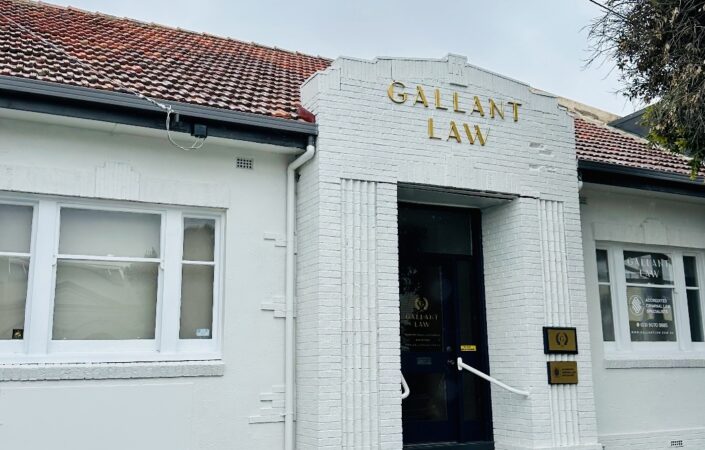Melbourne | Geelong | Warrnambool
-
 Level 11, 456 Lonsdale Street, Melbourne,
Level 11, 456 Lonsdale Street, Melbourne,
Victoria 3000 -
 45 Gheringhap Street, Geelong,
45 Gheringhap Street, Geelong,
Victoria 3220 -
 62 Kepler Street, Warrnambool,
62 Kepler Street, Warrnambool,
Victoria 3280 -
 Call or Text for Urgent Matters 0403613515
Call or Text for Urgent Matters 0403613515

















